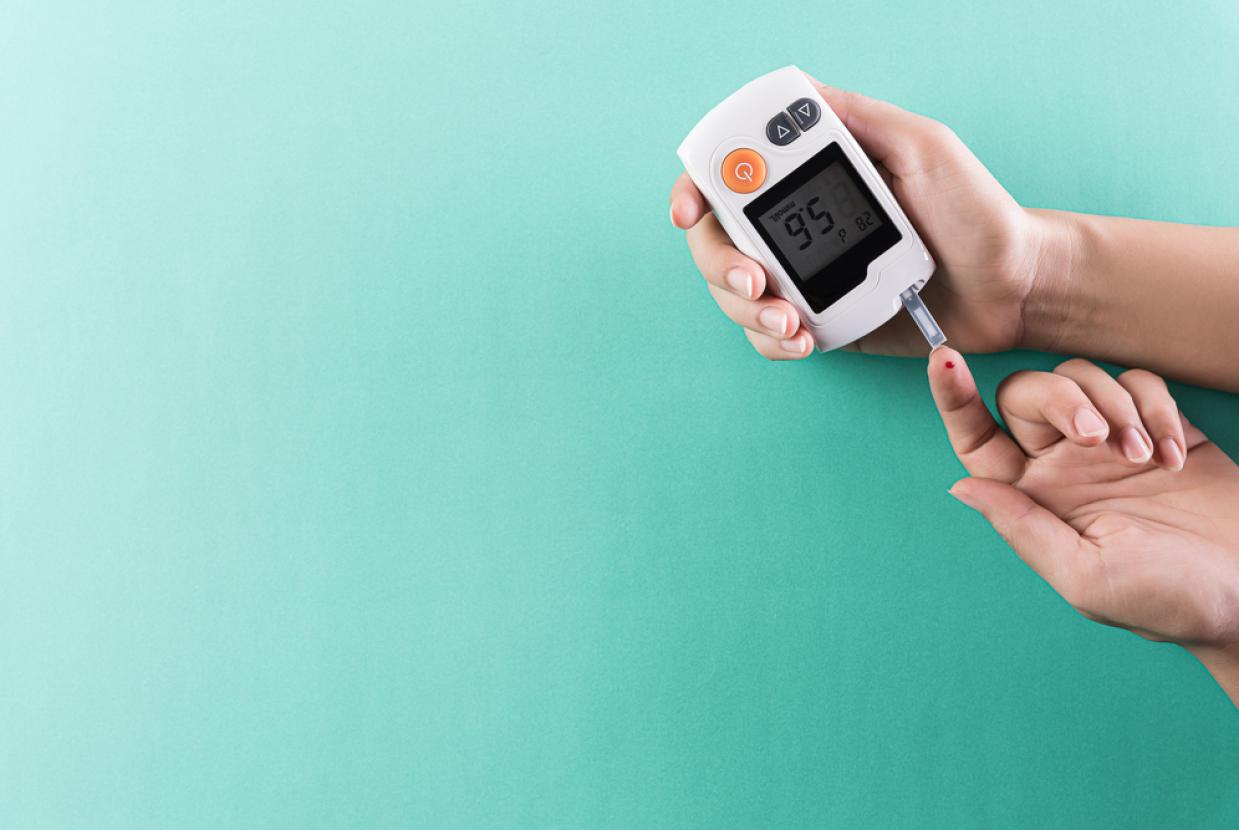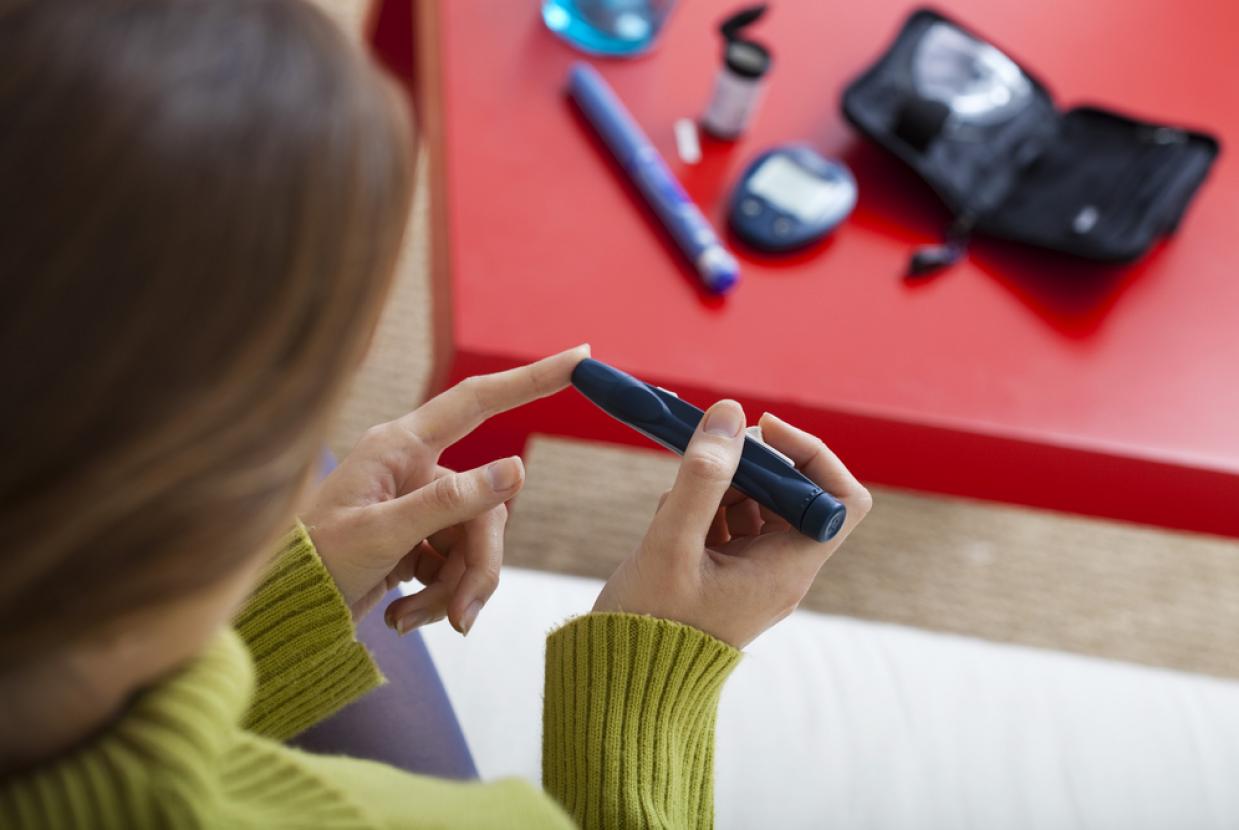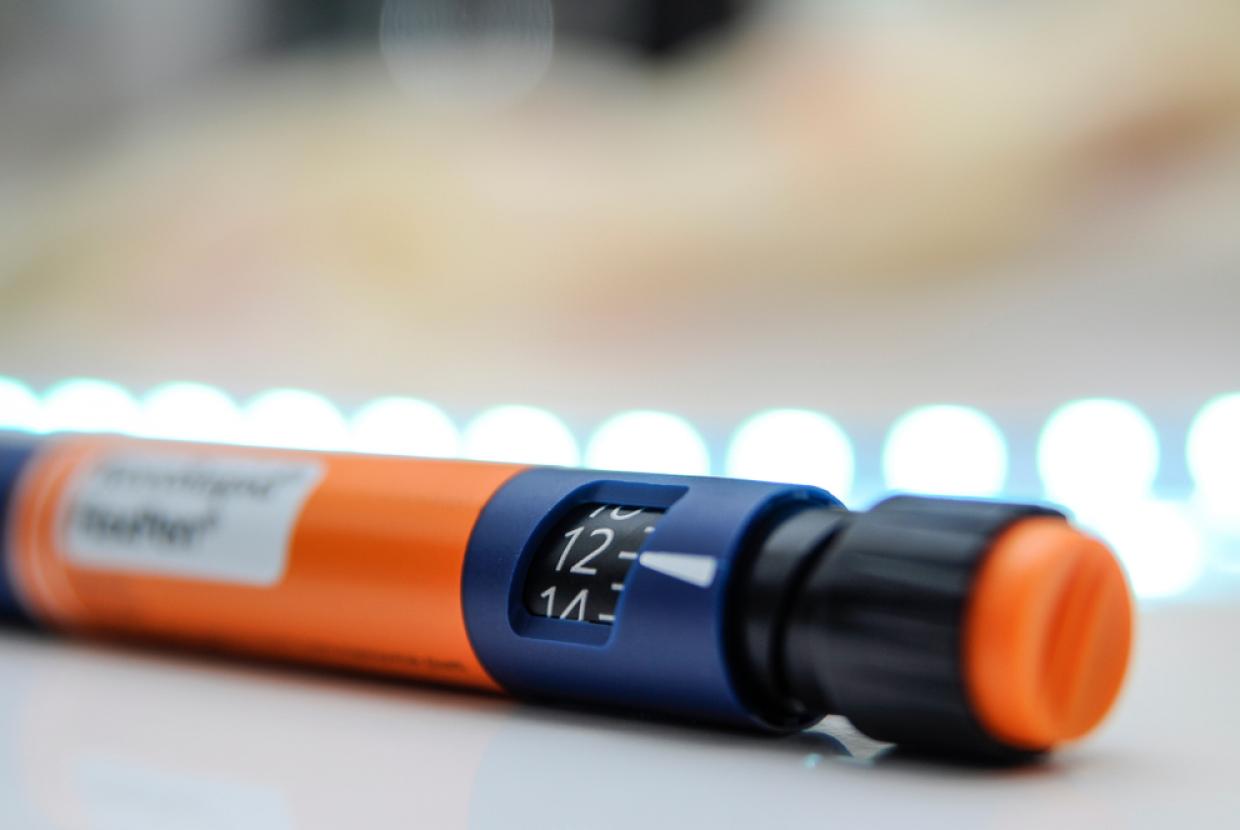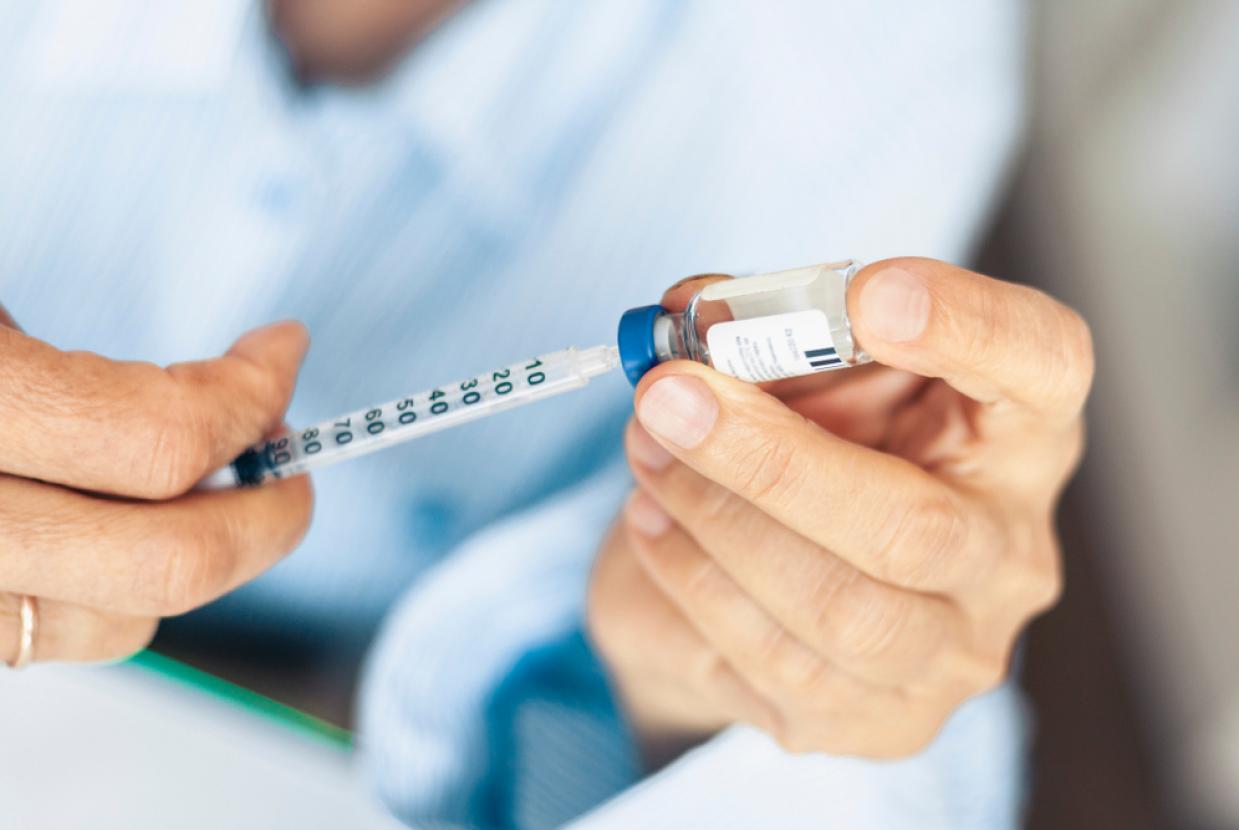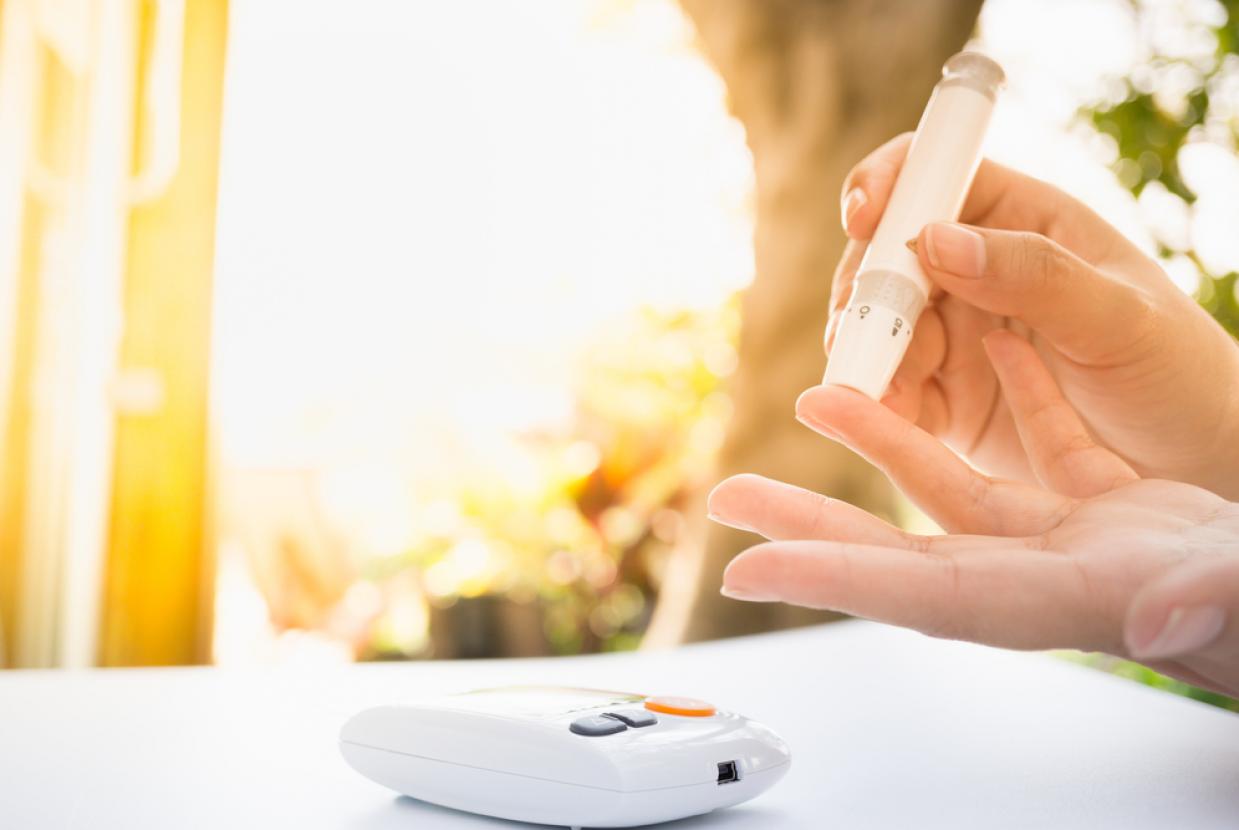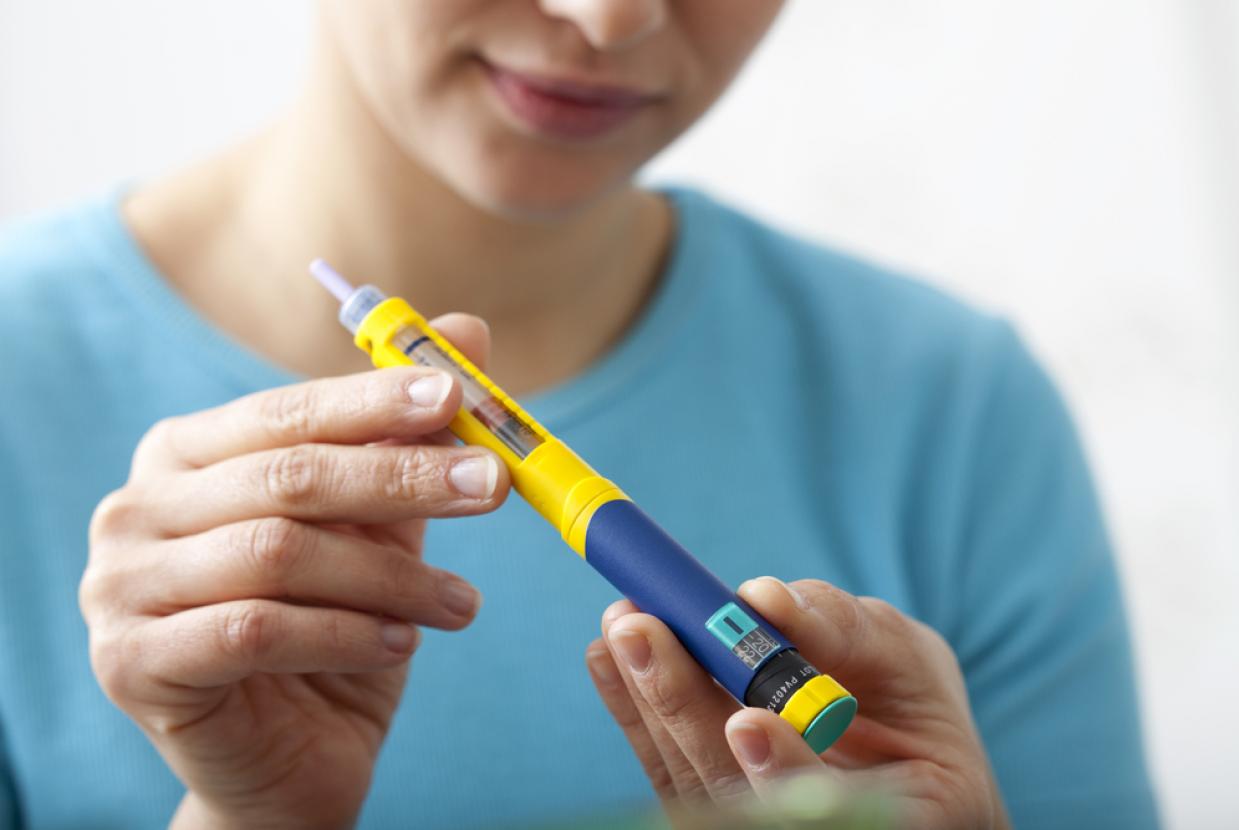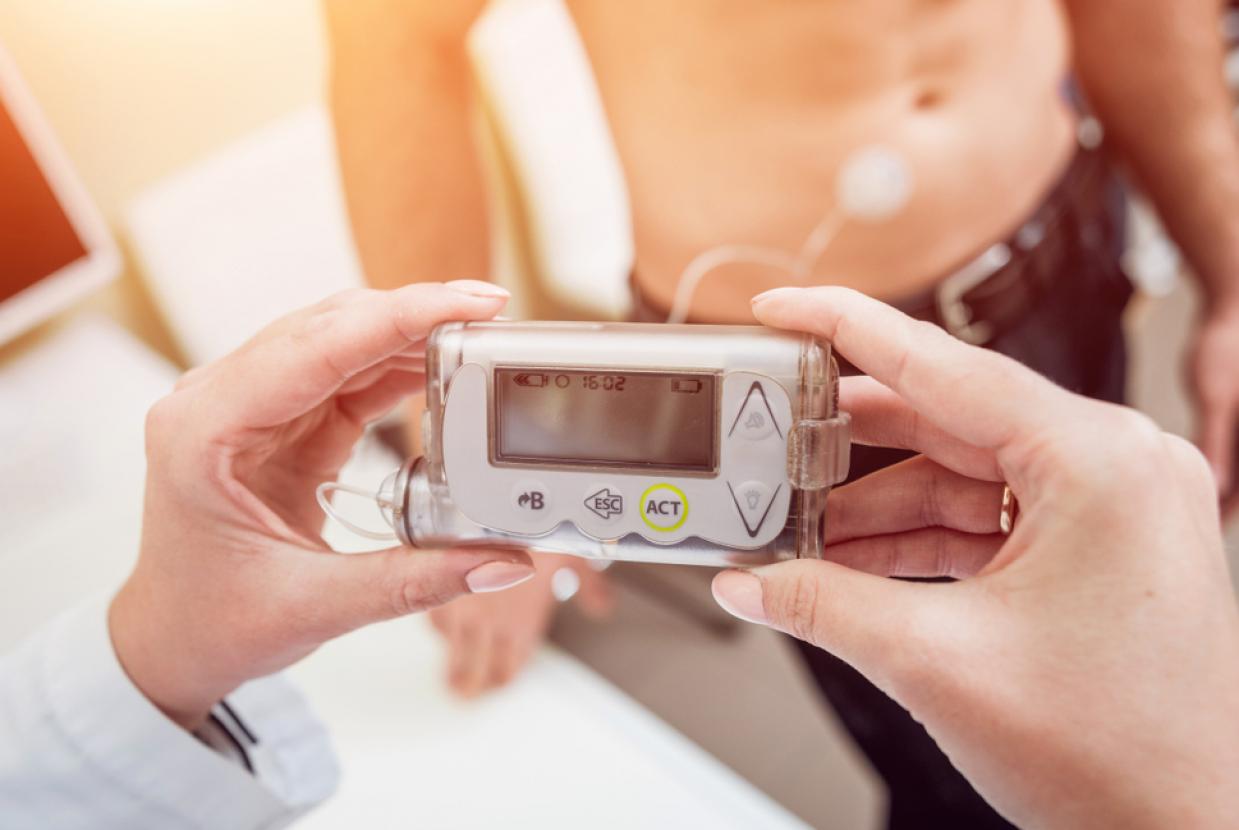What is Type 2 Diabetes?
Type 2 diabetes is high blood sugar levels due to your body not making enough of a hormone called insulin, or the insulin it makes not working properly, known as insulin resistance.
High blood sugar levels over time can cause other health problems like heart attacks and strokes, as well as problems with your eyes, kidneys, and feet. These are called diabetes complications.
So treatment includes regular health checks and getting support to be active, eat healthily, and maintain a healthy weight. You may need to take medication, including insulin, and check your blood sugars regularly too.
Type 2 diabetes can go undiagnosed for years if you don’t have symptoms or your symptoms are missed.
It doesn't just affect people living with overweight or obesity, although this is one of the risk factors, along with ethnicity.
If you are over the age of 40 and from a White background, your risk is increased. But if you are from an African Caribbean, Black African or South Asian background, your risk increases from the age of 25.
Many people can do things to try and prevent type 2 diabetes.
There’s no cure, but some people with type 2 diabetes can put their diabetes into remission.


